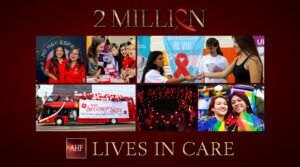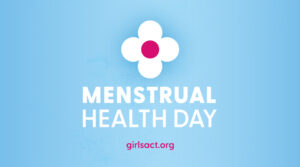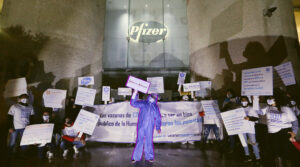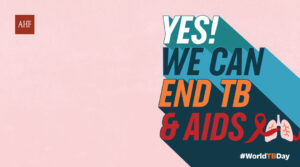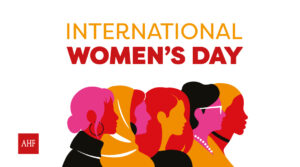According to the most recent report of the Joint United Nations Program on HIV/AIDS (UNAIDS), this pandemic has not been eradicated due to social inequalities. The agency warned that if the trend continues, the world will not be able to meet the global targets it has committed to end this infection.
Thus, UNAIDS used the slogan “Equality Now” this year to lead the commemoration of World AIDS Day, on 1 December. It stated that it is a call to action that seeks to encourage all sectors to work on practical actions that are necessary to address inequalities and help end AIDS.
Among these actions are:
• Increase the availability and quality of HIV prevention and treatment services, so that all people receive the care they need.
• Reform laws and practices to address the stigma and exclusion faced by people living with HIV, key population groups and marginalized populations (who are, in turn, those most affected by the pandemic), so that that everyone be respected.
• Ensure technology sharing so that there is equal access to the best HIV science in both developed and developing regions of the world.
Wake up call
In the same vein, UNAIDS titled its most recent report “Dangerous Inequalities”, following up on its mid-year report which was called “Endangered”. What the body has insisted on pointing out is that if urgent action is not taken soon, the advances that many countries had made in terms of HIV and AIDS will be affected and millions of lives will be endangered.
It should be remembered that the current goal agreed by the member countries of the United Nations (UN) is to end AIDS as a public health problem by 2030, a goal that is perfectly achievable if all people with HIV receive care, the treatment and follow-up that the infection requires.
The report “Dangerous Inequalities” shows the impact of gender inequalities, the inequalities faced by key population groups (such as men who have sex with men, people engaged in sex work and people who use injection drugs, among others). ) in the response to HIV. In addition, emphasis is placed on how financial constraints have worsened and that makes it more difficult to address these inequalities today.
Inequalities that do not stop
Gender inequality seriously affects actions against HIV and AIDS. According to UNAIDS Executive Director Winnie Byanyima, in areas with high HIV rates, women subjected to intimate partner violence are 50% more likely to contract the virus.
In addition, for several months UNAIDS has put on the table the problem of children with HIV and the treatment gap they have compared to adults. According to data from the report, while in 2021 children represented 4% of all people with HIV in the world, they accounted for 15% of all AIDS-related deaths. This could be explained by the fact that only half of children receive antiretroviral treatment that would save their lives, compared to more than three quarters of adults who are on treatment.
On the other hand, key populations are discriminated against and stigmatized in many countries. For example, more than 68 countries still criminalize same-sex sexual relations, which puts this population at greater risk of acquiring HIV. The same is observed in those who engage in sex work and live in countries with laws that criminalize this activity, since they are seven times more likely to acquire HIV than those who live in countries where sex work is legal or partially legal.
The way to follow
The world knows what to do to end inequalities, Byanyima said. Essentially, those actions are:
• Ensure that girls can access and complete their studies and protect them from violence
• Address gender violence
• Ensure that HIV services reach children and are sufficient for their needs
• Decriminalize same-sex sexual relations, sex work and drug use.
• Invest in community-led services that are inclusive of these key groups, serving millions of people
To achieve this, the financial commitment of all countries is necessary, as well as international organizations such as the Global Fund to fight AIDS, Tuberculosis and Malaria. “Increased donor support is vital to getting the AIDS response back on track,” UNAIDS said.
If you want to get a free screening test or get more information to protect yourself from HIV, you can locate our offices in 11 countries in the region. Check the nearest one here.

